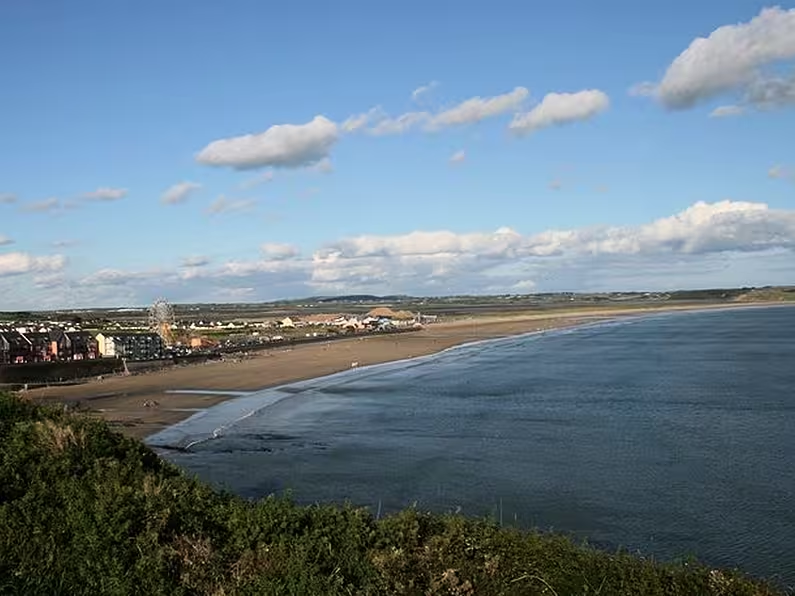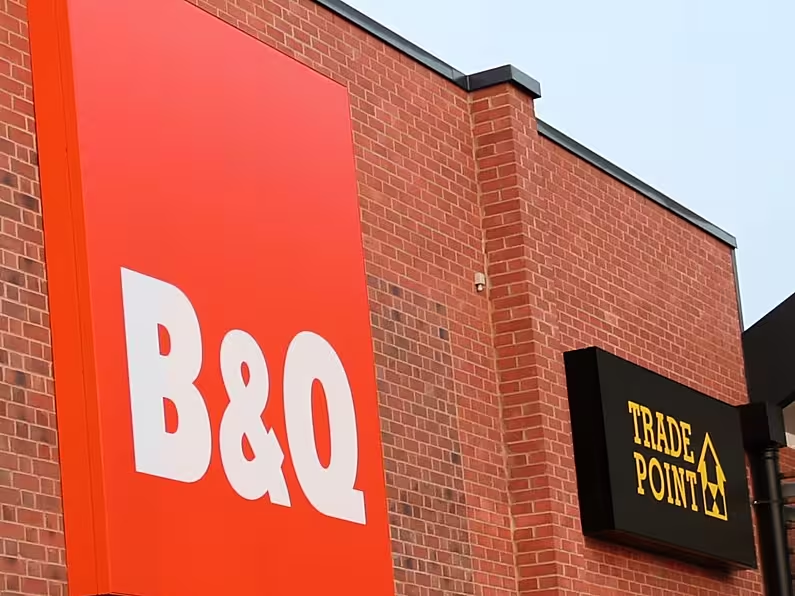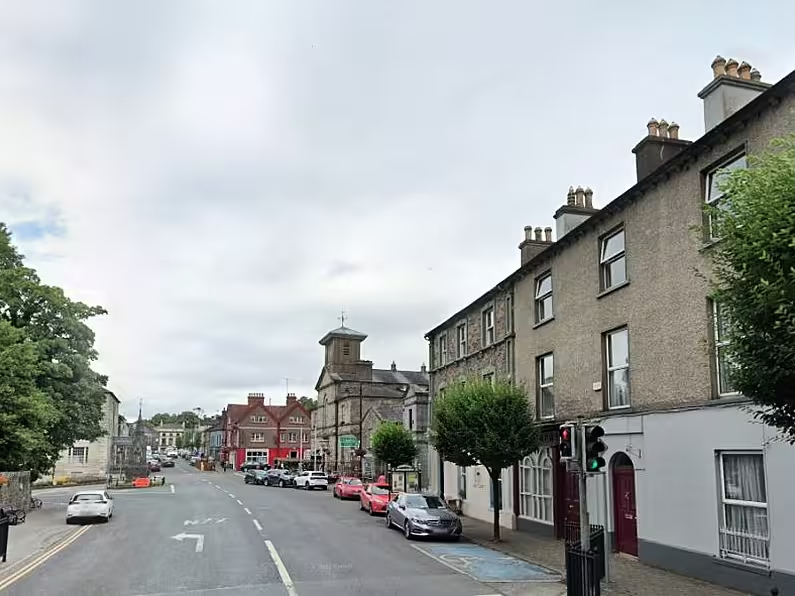The Prime Minister has moved to reassure nationalists living in Northern Ireland that Brexit will not see the UK turn its back on its "unique and special relationship" with Ireland.
Theresa May insisted rights enshrined under the Good Friday peace accord, such as the right to claim Irish citizenship, would be protected after the exit from the European Union.
The direct message to the nationalist community, in the form of a platform piece in the Belfast-based Irish News, a daily paper aligned with mainstream nationalism, came as the Government prepared to publish a position paper on its approach to the thorny issue of the Irish border in negotiations with Brussels.

Mrs May wrote: "No one voted to end the special ties between the UK and Ireland or to undermine the unique arrangements between Ireland and Northern Ireland which have underpinned the peace process and have been in place well before our membership of the EU."
Ahead of the publication of the Whitehall document, the Irish Government said the peace process could not become a "bargaining chip" in Brexit talks.
Wednesday's paper will state that the Government's top priority is the avoidance of checkpoints or any other physical infrastructure on the UK's only land frontier with the EU.
"There should be no physical border infrastructure of any kind on either side of the border between Northern Ireland and Ireland," said Mrs May.
"I want people to be absolutely clear: the UK does not want to see border posts for any purpose."
The document outlining the Department for Exiting the European Union's aims in talks with EU chiefs will also suggest there may be no customs implications at all on the Irish border if the UK and EU can strike an ambitious future partnership.
Mrs May said the Government would also explore ways to maintain funding for peace-building initiatives in Northern Ireland that is currently provided by the EU.
"I hope people in Northern Ireland and Ireland will see the UK Government is determined to protect the unique arrangements between Northern Ireland and Ireland, and the wider relationship between the UK and Ireland.
"Protecting your citizenship rights, and protecting the Belfast Agreement, are at the heart of our approach," she said.
"On the citizenship rights guaranteed by the Belfast Agreement, our position is clear.
"Northern Ireland remains an integral part of the United Kingdom, but it is also the permanent birthright of the people of Northern Ireland to hold both British and Irish citizenship.
"This will remain the case, and people of Northern Ireland who are Irish citizens will remain EU citizens.
"The UK wants this guarantee confirmed alongside the other aspects of the Belfast Agreement as part of our withdrawal agreement with the EU."
The Government paper will again dismiss any suggestion a customs border could be shifted to the Irish Sea, with checks and tariffs only in operation at entry and exit points between the island of Ireland and Great Britain.
The Prime Minister said: "That would be totally unacceptable to the UK Government."
The document setting out the Government's negotiating principles for the border is being published 24 hours after the release of its position paper on the UK's long-term customs arrangement with the 27-member bloc.

The two issues are intrinsically linked, with the dynamic at the border dependent on the shape of future customs relations between the UK and EU.
Tuesday's paper proposed a time limited-transition period of around two years. It then fleshed out two potential options for a long-term deal.
The more ambitious one would see the UK aligning or mirroring its customs approach with the EU model.
In that scenario, Wednesday's position paper on the Irish border will argue there would be no need for a customs border at all between the UK and Ireland.
The second proposed customs model, dubbed the "highly streamlined" approach, would see the UK negotiate agreements with the EU to reduce trade barriers and harness technology to avoid long queues at ports.
In the Irish context, the Government will say that arrangement could include:
:: A continued waiver on submitting entry/exit declarations;
:: Retaining membership of the Common Transit Convention to make it easier for Northern Ireland and Irish companies to transit goods;
:: New "trusted trader arrangements" for larger traders;
:: Cross-border trade exemptions that would mean no new customs processes at all for smaller traders. At the moment in excess of 80% of cross-border trade is done by small and medium sized enterprises.
The Government has acknowledged that the EU will have to sign up to its vision of a post-Brexit border and there has already been scepticism in Brussels at the viability of the Government's customs proposals.
"Today I want to reassure everyone in Northern Ireland, that the UK leaving the EU will not jeopardise things you value profoundly," Mrs May said.
"Your citizenship rights are permanent and inviolable; you will be able to work and live in Northern Ireland and Ireland exactly as now on a reciprocal basis; and we do not want any border posts between Ireland and the UK."
She added: "I am determined to deliver a good Brexit deal for the whole UK, and my first priority is protecting the unique and special relationship between the UK and Ireland
"No one would pretend our history has always been smooth, but as the UK begins a new chapter, it will not mean turning our back on the historic progress that has been made within Northern Ireland, and across these islands."
AP












